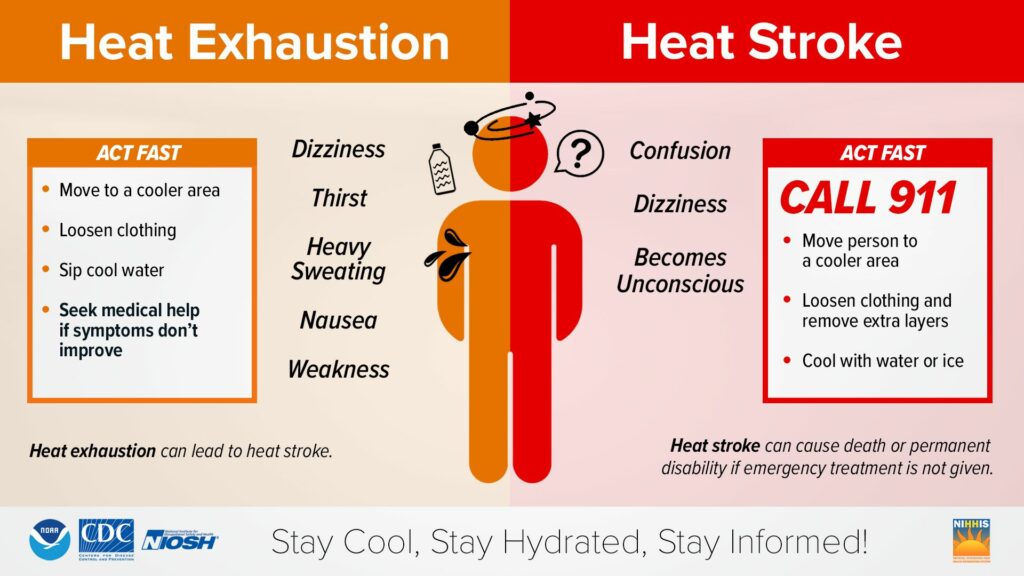UPDATE, 8-31-23: Due to winds being greater than 7mph on Thursday evening, the aerial mosquito spraying of the Cicero Swamp and the immediate surrounding areas has been delayed. The spraying is now planned for Friday, September 1, 2023.
****************
ONONDAGA COUNTY, AUGUST 30, 2023 – The forecast is showing favorable weather conditions for aerial mosquito spraying of the Cicero Swamp and the immediate surrounding areas on Thursday, August 31, 2023 after 6:30 pm. The spraying was postponed from an earlier date due to weather.
The decision to spray was made as a result of mosquitoes that were found positive for eastern equine encephalitis virus (EEEV) and West Nile Virus (WNV) from traps located in the Cicero Swamp area. Additional mosquito pools collected on August 22 were found positive for EEEV and WNV from from an Island Road trap and EEEV from a trap on Taft Road.
This proactive measure is an attempt to interrupt the mosquito breeding cycles. Reducing the number of mosquitoes (although it is temporary) can reduce the number of mosquitoes available to transmit the virus to humans.
If weather or wind conditions are unfavorable on Thursday, the spraying will be conducted on the next appropriate day and will be announced through local news, social media, and other communication channels. Residents in the spray areas will be notified by phone through the 911 emergency notification system.
The designated spray areas are generally bounded on the north by Route 31, on the west by Northern Boulevard, on the south by Taft Road, and on the east by the county line (Chittenango Creek). Roads included in this area are: all or parts of Route 298, Bull Street, Eastwood Road, Island Road, Cicero Center Road, Fergerson Road, Ferstler Road, and Oxbow Road. To view a map of the spraying area, visit: www.ongov.net/health/documents/SprayMapCicero.pdf.
The pesticide that will be used for aerial spraying is Kontrol 30-30. This pesticide is registered with the Environmental Protection Agency and the New York State Division of Environmental Conservation for this use. A copy of the pesticide label can be found on the Onondaga County Health Department website at ongov.net/health/env/documents/Kontrol3030Label.pdf. A written copy of the label can be provided by calling 315-435-1649.
If you live in the spray area, from 6:30 pm to 10:00 pm on the day of the scheduled spraying, it is recommended that you:
- Refrain from using any flying camera drones, model aircraft or similar aerial flying products.
- Stay indoors and keep your windows closed for one hour after the area has been sprayed.
- Keep your pets indoors if possible.
- Set your window air conditioners to circulate indoor air. It is safe to use your central air conditioning.
- Keep outdoor gardens covered and rinse vegetables before eating.
- Be sure children’s toys, outdoor furniture, and clothes on outdoor clotheslines are brought inside. If toys or clothes are left outdoors, wash each thoroughly with soap and water before using and launder clothes before wearing them.
- Close your car windows and car vents if you are driving during the spraying.
Onondaga County residents who would like to receive community alerts by wireless phones, text messages, and/or TTY may register for the Hyper-Reach Emergency Notification System through the Department of Emergency Communications—911 Center at www.ongov.net/911/notification.html. Landlines are already included in the 911 emergency notification system.
As temperatures remain warm, so will the threat of mosquito bites that can transmit disease. The Onondaga County Health Department urges residents to use personal protection measures when spending time outdoors. For more information about spraying and protecting yourself from mosquitoes, visit www.ongov.net/health/env/mosquitoes.html or call the Onondaga County Health Department at 315.435.1649.

